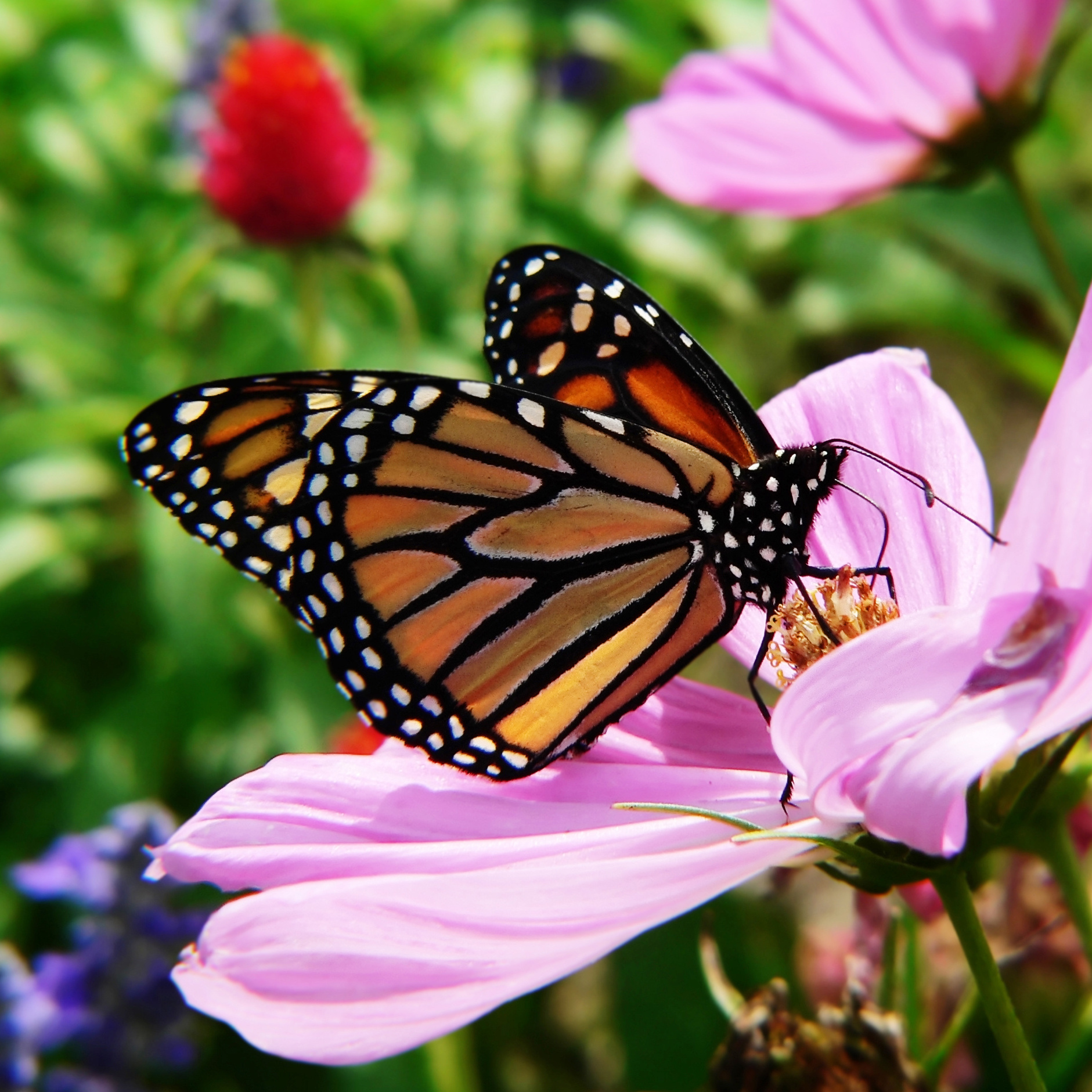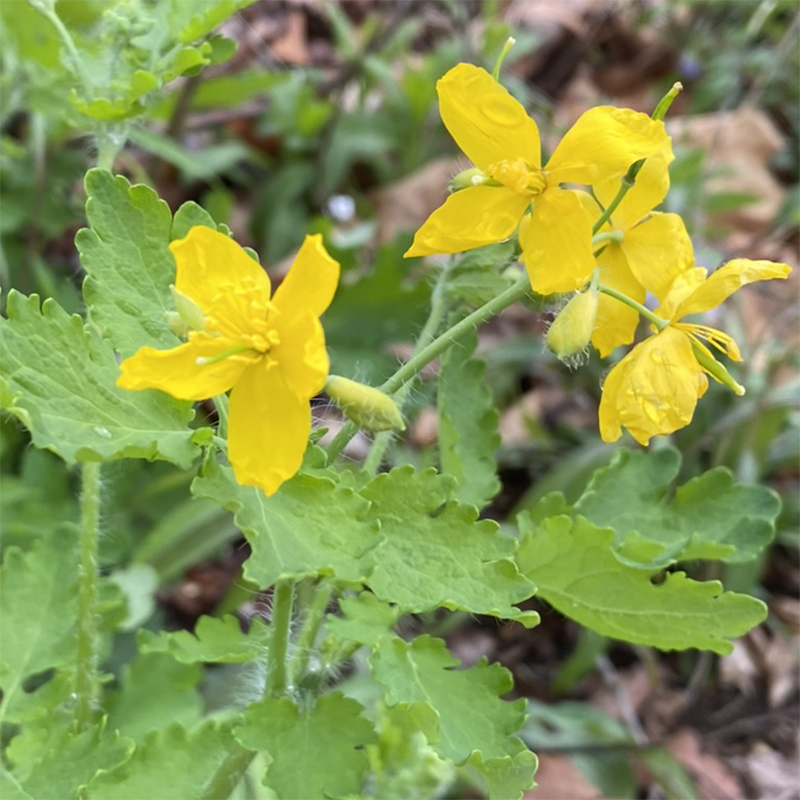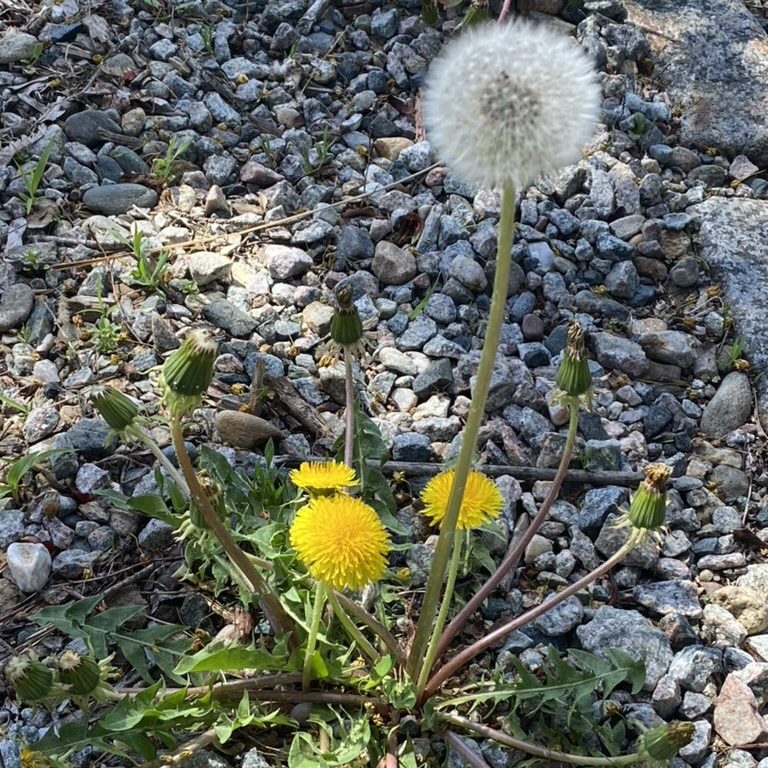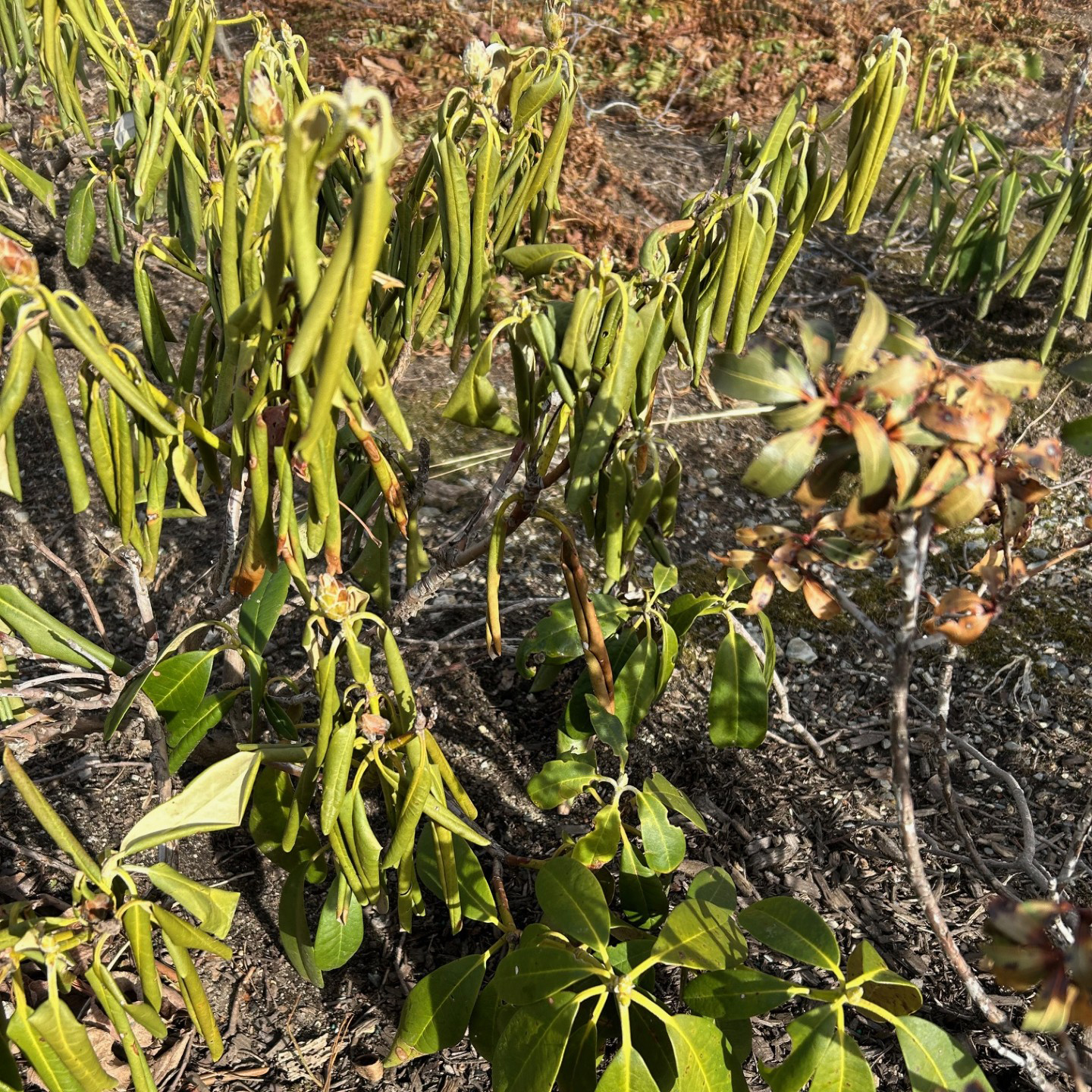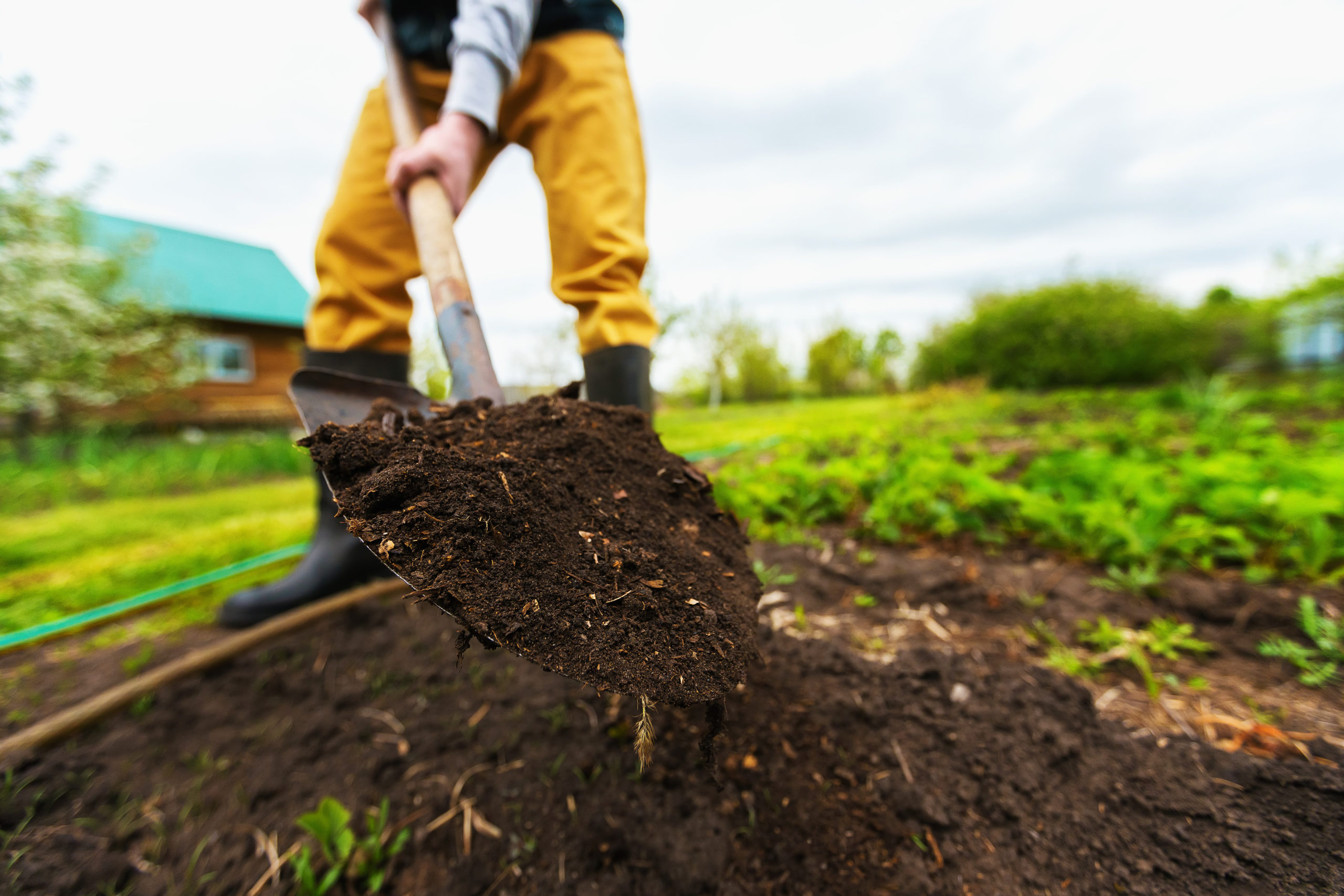
By Dirk Coburn, MCH, Horticultural Specialist at Weston Nurseries
If you are looking forward to significant landscaping projects in 2015, right now is a good time to make sure that your soil is optimal to support your plans – and your plants!
The first step is to know about your soil now. If you know only one thing about your soil, you should know its pH value – acidity or alkalinity. We encourage you to consider having a complete analysis of your soil’s composition and nutrients performed for a modest fee by the Soil Testing Laboratory at U Mass Amherst. The routine analysis by that lab tests for a range of major and minor elemental nutrients and addresses suitability of the soil for up to three crop codes from a list that includes lawn, several landscape plant types, and several food plant types. Optional add-on analyses include quantified organic matter, soluble salts, and nitrates. Weston Nurseries can give you further information about the U Mass soil tests, including forms to order the tests. That information is also available at the U Mass website here: https://soiltest.umass.edu/
Late summer to early fall is a great time to apply treatments if you need to alter the pH of your soil or if you need to enrich certain nutrients. Our soils are still warm enough for soil treatments – including lime, gypsum, potash, acidifying agents, organic composts, or others — to begin doing their job before the winter freeze. After the winter, the spring thaw is an excellent mechanism to promote results from your soil treatments before you plant next year.


